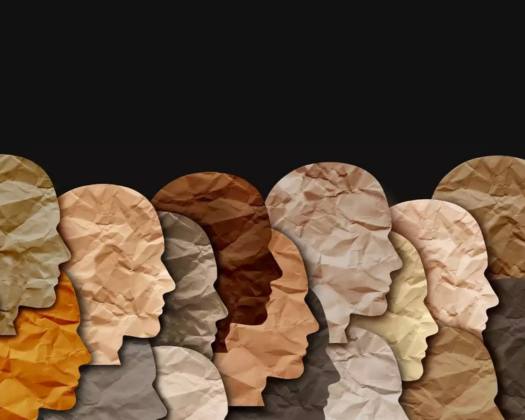Normalized Toxicity in Desi Families: Breaking Down Harmful Cultural Norms
Introduction
Desi culture holds a special place in our hearts, but it's not without its flaws. Often, certain norms ingrained in our families seem harmless but can have toxic repercussions. Let's delve into these normalized behaviors that impact our lives.
Respect Based on Age vs. Personality
Issue: Reverence for elders solely due to age rather than their character traits.
Impact: Encourages blind respect, disregarding individual behavior, affecting how respect is perceived and given.
Friendship and Gender Bias
Issue: Inability to maintain platonic friendships between genders due to societal presumptions.
Impact: Limits healthy associations and fosters misunderstandings, particularly for women, affecting their social connections.
Pressure Around Marriage Age
Issue: Societal pressure and expectations regarding a specific age for marriage.
Impact: Creates unnecessary stress and coercion, disrupting personal choices and timelines for individuals.
Parental Expectations and Obligations
Issue: Parental attitudes framing child-raising as an obligation, not a choice.
Impact: Imprints a sense of indebtedness on children, overshadowing the essence of parental responsibilities as a choice.
Lavish Spending on Weddings
Issue: Extravagant spending on weddings for show rather than practical investments.
Impact: Diverts financial resources from future investments, prioritizing display over practicality.
Normalization of Gossip
Issue: Gossiping normalized as a regular social activity.
Impact: Encourages negative narratives and unhealthy conversations, fostering a culture of distrust.
Conditional Parental Love
Issue: Parents' love seemingly unconditional but often contingent on terms.
Impact: Creates pressure to conform, affecting individuality and fostering an environment of conditional affection.
Competitive Mentality
Issue: Constant comparison and competition rather than genuine celebration of success.
Impact: Undermines support for others' achievements, fostering a toxic environment of comparison and envy.
Social Pressures and Rituals
Issue: Upholding societal norms even in sensitive situations like bereavement.
Impact: Adds undue stress and obligation, overshadowing emotional needs during trying times.
Influence of Elder Siblings
Issue: Expectation to blindly follow elder siblings' guidance without consideration.
Impact: Can perpetuate toxic behaviours or abusive dynamics, impacting personal growth negatively.
Conclusion
Recognizing and challenging normalized toxic behaviors within Desi families is crucial for fostering healthier relationships and environments. Embracing open communication, redefining respect based on character, and encouraging individual choices can help break these harmful cultural norms, paving the way for more supportive family dynamics.








